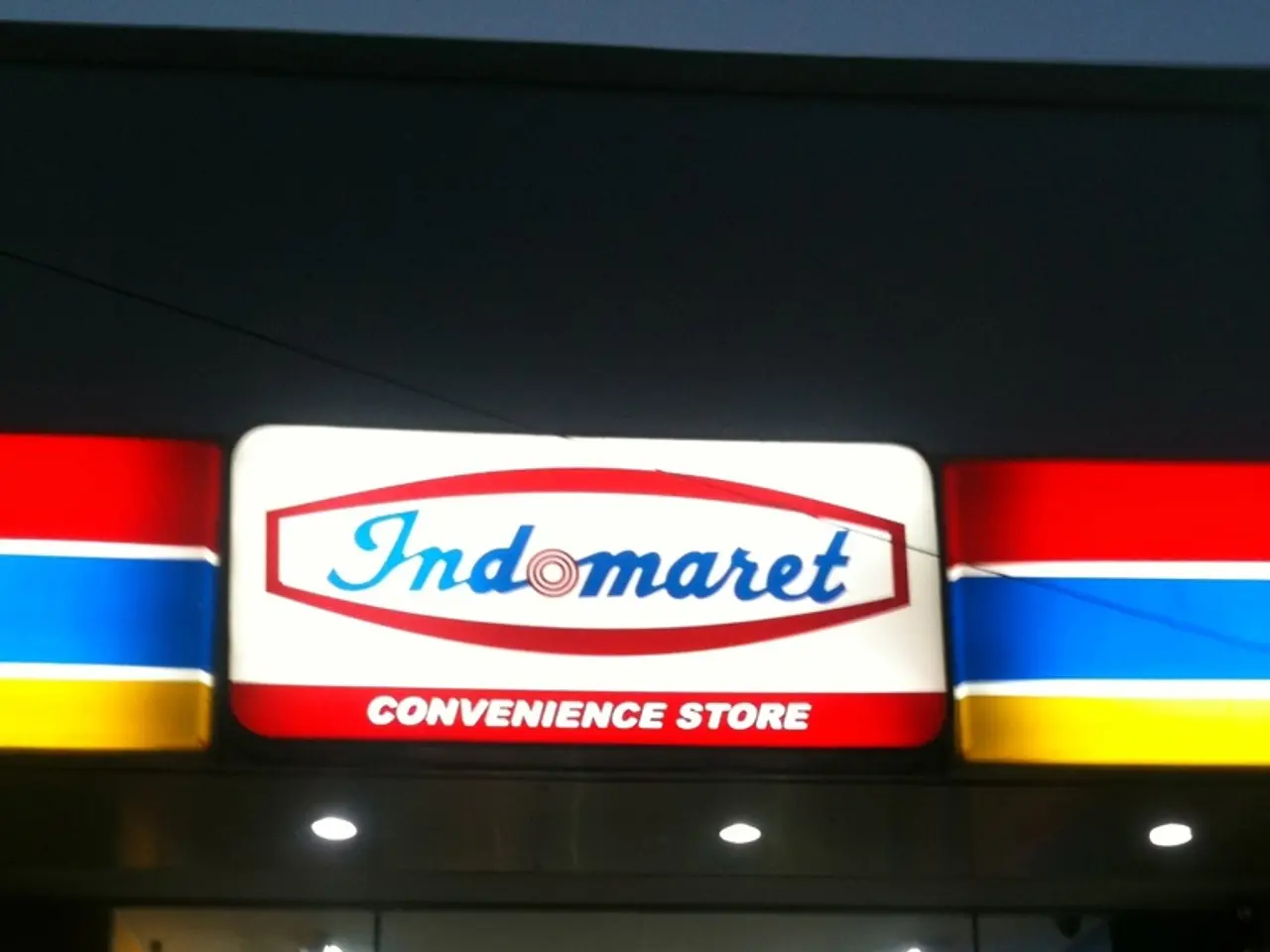Evolving Loyalty Programs Struggle to Meet Rising Customer Expectations
In a recent study by dunnhumby, a global provider of AI and customer data science, it has been revealed that the future of loyalty and personalization in retail is focused on relevance, real-time personalization, deep customer insight, continuous optimization, and emotional connection.
The study, titled "How to Keep Hold of Your Customers," highlights the need for retailers to evolve beyond traditional loyalty approaches. Customers now expect exclusive, relevant offers and rewards that align with their personal needs and values. This shift away from basic discounts and generic rebates is a response to the declining effectiveness of traditional loyalty programs.
Developing a robust knowledge of customer needs, attitudes, and behaviors is crucial to design loyalty strategies that truly retain customers and influence shopping behavior. Real-time, one-to-one personalized recommendations and offers both online and in-store are essential for maintaining relevance throughout the entire shopping journey.
The study also emphasizes the importance of continuous measurement and optimization. Loyalty programs should be constantly monitored for performance, with ongoing refinement to optimize the customer experience and business results.
Ben Snowman, global head of loyalty and personalization at dunnhumby's Cincinnati office, stated that loyalty needs to change to meet shoppers' expectations for relevance and personalization. He added that even when budgets are tight, retailers prefer to protect personalization efforts over generic coupons, recognizing personalization's greater impact on customer loyalty and value.
The study includes perspectives from senior retail leaders throughout North America and Europe, such as Tesco UK CEO Ashwin Prasad, IGD's Bryan Roberts, and Synerise's Marek Świderski. They all agree that loyalty is about serving customers better, focusing on relevance, being useful, relevant, and fair.
The study does not provide specific details about the rankings of U.S. grocers by dunnhumby Retailer Preference Index, or the factors that contributed to H-E-B being ranked top U.S. grocer. However, it does suggest that retailers should rethink their strategies to deliver true one-to-one personalization, prioritizing personalization amid budget constraints, and looking beyond grocery for innovative loyalty tactics that resonate with modern shoppers.
In summary, the study underscores the importance of relevance, real-time personalization, deep customer insight, continuous optimization, and emotional connection in meeting evolving shopper expectations and fostering long-term loyalty. It does not indicate that loyalty is broken, but rather that it needs to evolve to meet shoppers' expectations for a more personalized and relevant shopping experience.
Technology plays a significant role in achieving real-time, one-to-one personalized recommendations and offers, both online and in- stores. Continuous measurement and optimization of loyalty programs also require advanced technology solutions to monitor performance and refine the customer experience.




